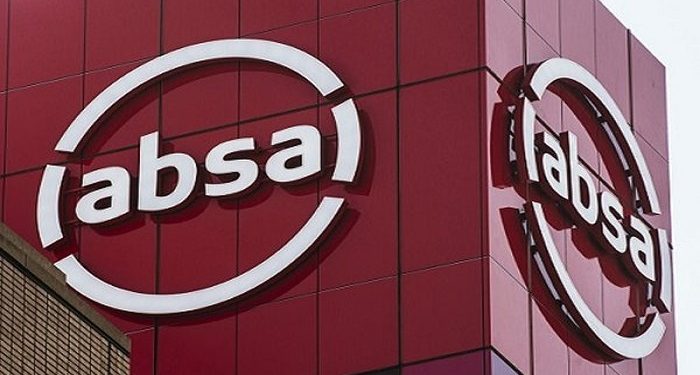Absa Bank Ghana, ended last year with a total assets value of Ghs 12.5 billion.
The bank’s assets value for the period under review, grew by Ghs 774 million from a 2019 value of Ghs 11.7 billion.
A perusal of the bank’s 2020 Audited Financial Statement revealed that the increase in assets value was on the account of increment in investment securities, loans to businesses and households and other banks.
The bank increased its investment securities from Ghs 2.5 billion in 2019 to Ghs 3.3 billion in 2020.
Loans made to households, businesses and other banks last year during the height of the Covid-19 pandemic, slightly increased to Ghs 4.48 billion from Ghs 4.08 billion in 2020 and Ghs 244 million from Ghs 209 million in 2019 respectively.
The slight increment in loans made saw the bank’s loan asset quality slightly deteriorate as its Non-Performing Loans (NPLs) increased from 6.64 percent in 2019 to 7.7 percent in 2020.
The bank’s total liabilities recorded for 2020, according to its financial statement, amounted to Ghs 10.5 billion, an increment of Ghs 459 million from the 2019 figure of Ghs 10.1 billion.
Borrowings made by Absa bank and clients’ deposits formed a chunk of the bank’s liabilities.
In terms of profit, Absa for the year 2020 recorded a total profit of Ghs 515 million, an increase of Ghs 70 million from the 2019 figure of Ghs 445 million.
The bank’s profit was supported by a net interest income of Ghs 965 million. An increase of Ghs 182 million from 2019’s Ghs 783 million net interest income.
With regards to Capital Adequacy Ratio (CAR), the bank increased its CAR from 20.09 percent in 2019 to 22.68 percent in 2020, which is well above the Bank of Ghana’s regulatory CAR requirement of 13 percent.
Dividends declared for shareholders for end-2020 is Ghs 5.24, an increment of Ghs 0.03 pesewas from 2019’s Ghs 5.21 pesewas.
Meanwhile, the Central Bank in a notice issued Tuesday, April 13, 2021, has directed banks and Specialised Deposit-Taking Institutions (SDIs) to not declare and pay dividends for 2020 and 2021.
The Bank of Ghana explains that the new directive is in view of the uncertainties surrounding the pandemic and its potential impact on the banking sector.








